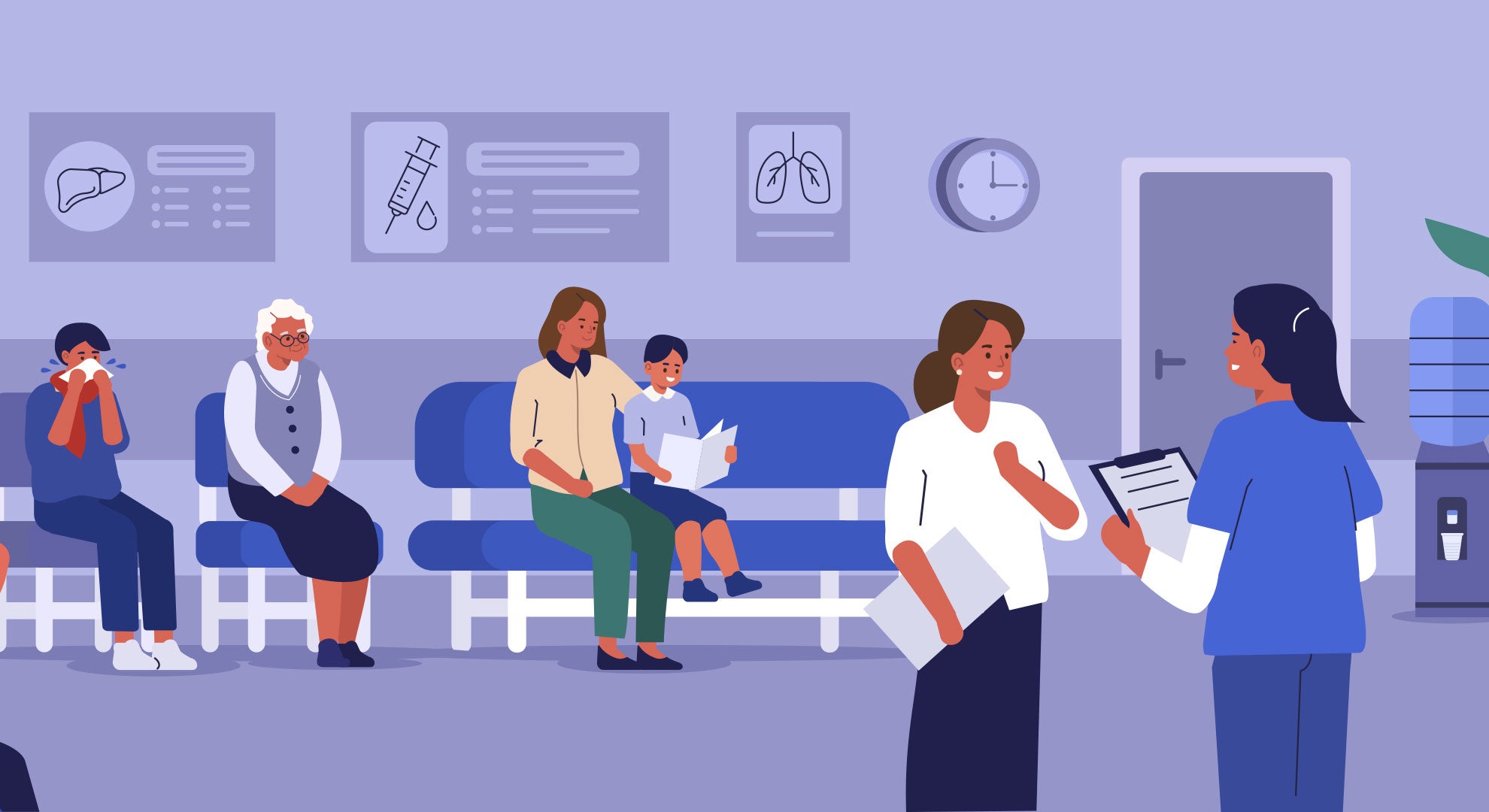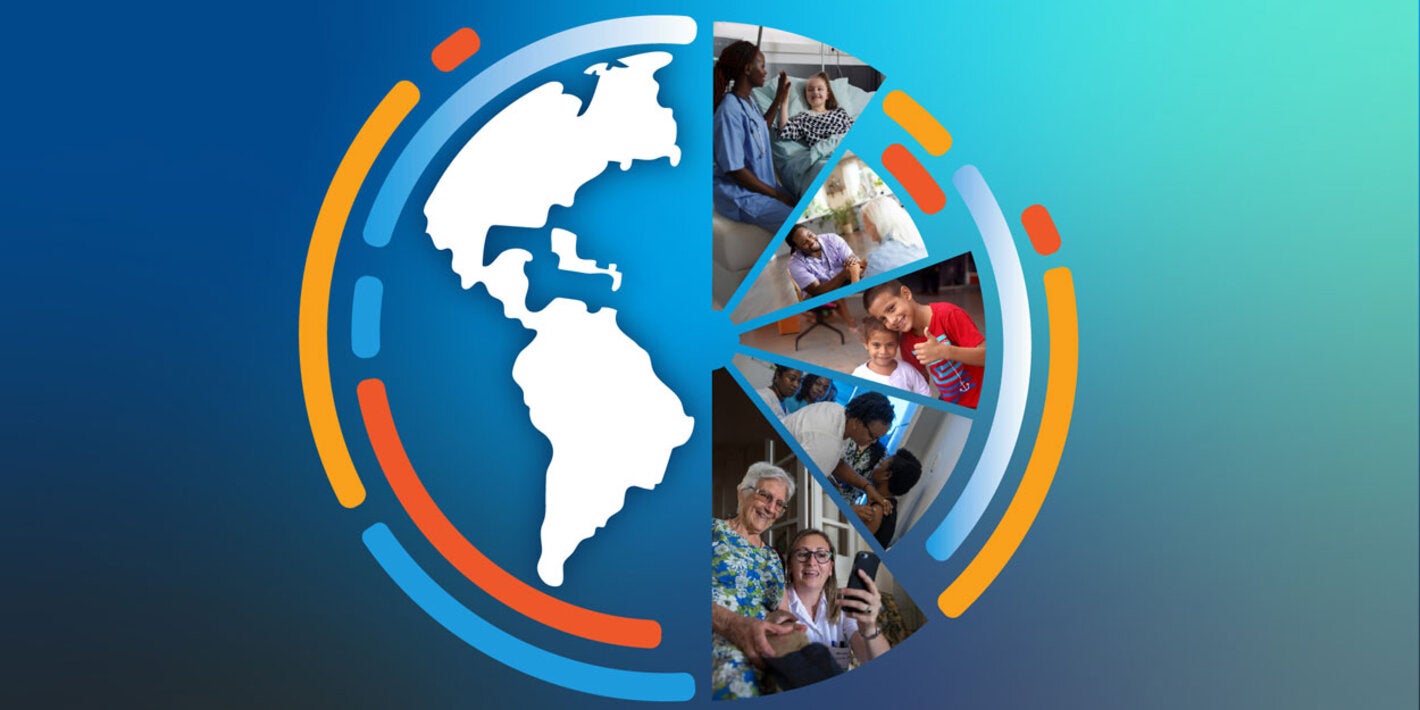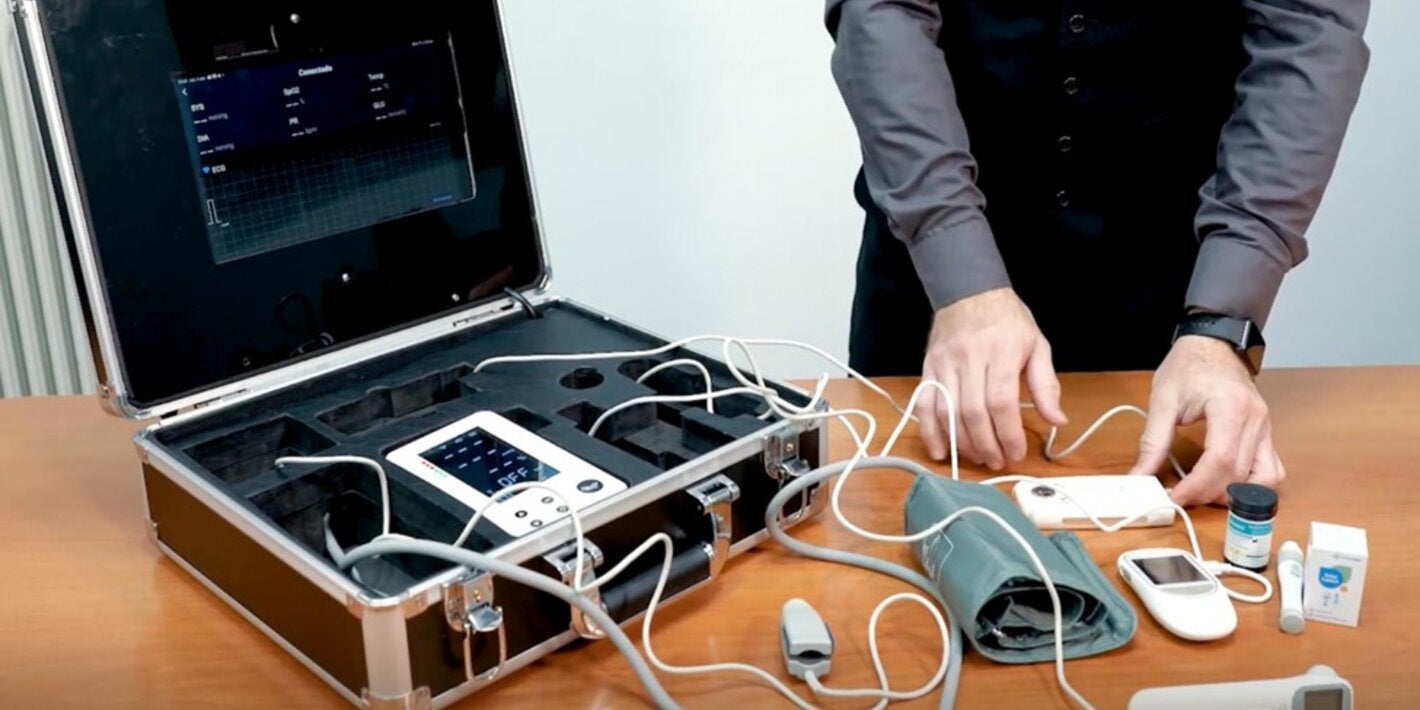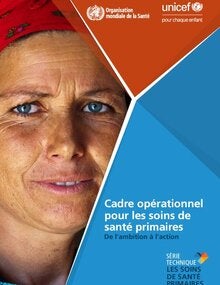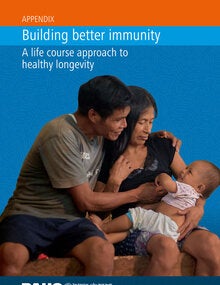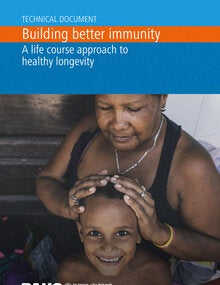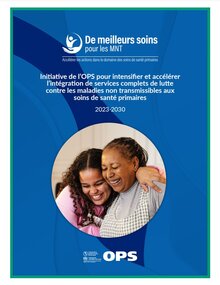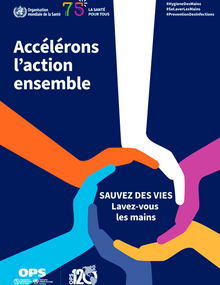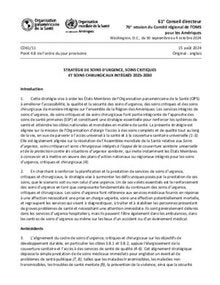A health system based on Primary Health Care orients its structures and functions toward the values of equity and social solidarity and the right of every human being to enjoy the highest attainable standard of health without distinction of race, religion, political belief, or economic or social condition. The principles required to sustain such a system are its capacity to respond equitably and efficiently to the health needs of citizens, including the ability to monitor progress for continuous improvement and renewal; the responsibility and accountability of governments; sustainability; participation; an orientation toward the highest standards of quality and safety; and intersectoral action.
- About 930 million people worldwide are at risk of falling into poverty due to out-of-pocket health spending of 10% or more of their household budget.
- Scaling up primary health care (PHC) interventions across low and middle-income countries could save 60 million lives and increase average life expectancy by 3.7 years by 2030.
- Achieving the targets for PHC requires an additional investment of around US$ 200 to US$ 370 billion a year for a more comprehensive package of health services.
- At the UN high level UHC meeting in 2019, countries committed to strengthening primary health care.
* Source: World Health Organization.
What is primary health care?
The concept of PHC has been repeatedly reinterpreted and redefined in the years since 1978, leading to confusion about the term and its practice. A clear and simple definition has been developed to facilitate the coordination of future PHC efforts at the global, national, and local levels and to guide their implementation:
"PHC is a whole-of-society approach to health that aims at ensuring the highest possible level of health and well-being and their equitable distribution by focusing on people’s needs and as early as possible along the continuum from health promotion and disease prevention to treatment, rehabilitation and palliative care, and as close as feasible to people’s everyday environment."
- WHO and UNICEF. A vision for primary health care in the 21st century: Towards UHC and the SDGs.
Member States have committed to primary health care renewal and implementation as the cornerstone of a sustainable health system for UHC, health related Sustainable Development Goals (SDGs) and health security. PHC provides the 'programmatic engine' for UHC, the health-related SDGs and health security. This commitment has been codified and reiterated in the Declaration of Astana, the accompanying World Health Assembly Resolution 72/2, the 2019 Global Monitoring Report on UHC, and the United Nations General Assembly high-level meeting on UHC. UHC, the health-related SDGs and health security goals are ambitious but achievable. Progress must be urgently accelerated, and PHC provides the means to do so.
PHC is the most inclusive, equitable, cost-effective and efficient approach to enhance people’s physical and mental health, as well as social well-being. Evidence of wide-ranging impact of investment in PHC continues to grow around the world, particularly in times of crisis such as the COVID-19 pandemic.
Across the world, investments in PHC improve equity and access, health care performance, accountability of health systems, and health outcomes. While some of these factors are directly related to the health system and access to health services, the evidence is clear that a broad range of factors beyond health services play a critical role in shaping health and well-being. These include social protection, food systems, education, and environmental factors, among others.
PHC is also critical to make health systems more resilient to situations of crisis, more proactive in detecting early signs of epidemics and more prepared to act early in response to surges in demand for services. Although the evidence is still evolving there is widespread recognition that PHC is the “front door” of the health system and provides the foundation for the strengthening of the essential public health functions to confront public health crises such as COVID-19.
In the Region of the Americas, the values and principles of this Declaration were the cornerstone for the transformation of health systems, and the development of more comprehensive, equitable, and quality health services based on PHC. Nonetheless, despite great progress, people in the Region still face barriers to attain the highest standard of health and well-being possible .
"After 40 years, the world has changed, and new challenges need to be addressed. By recognizing the achievements of Alma-Ata while analyzing the new challenges, we can better plan and prepare for the future. The Pan American Health Organization Strategy for Universal Access to Health and Universal Health Coverage provides the framework to revitalize the efforts to achieve “health for all, everywhere.”

